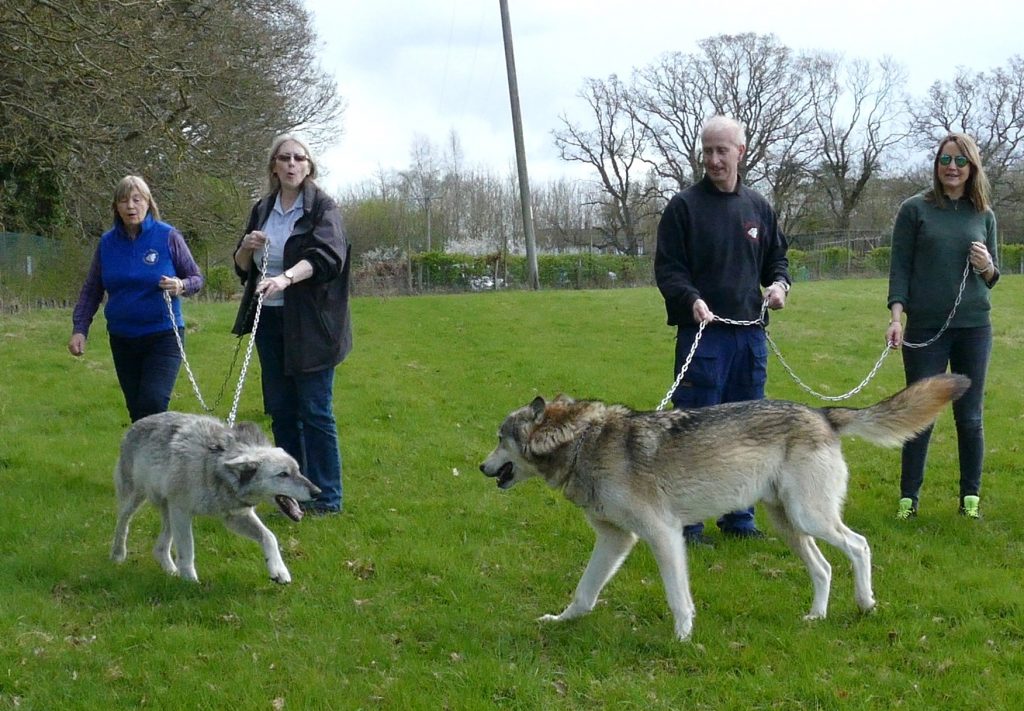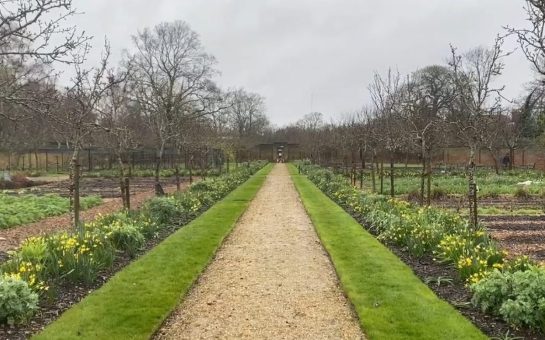By Edmund Magnus
June 18 2020, 12.30
Follow @SW_Londoner
“Little pig, little pig, let me come in.”
“No, no, by the hair on my chinny chin chin.”
“Then I’ll huff, and I’ll puff, and I’ll blow your house in.”
Most of us grew up with a fear of wolves. Not because we had ever seen one but because our childhood tales always depicted them as terrifying villains.
Remember the wolf in Little Red Riding Hood? The Boy that cried Wolf? Peter and the Wolf? The list goes on.
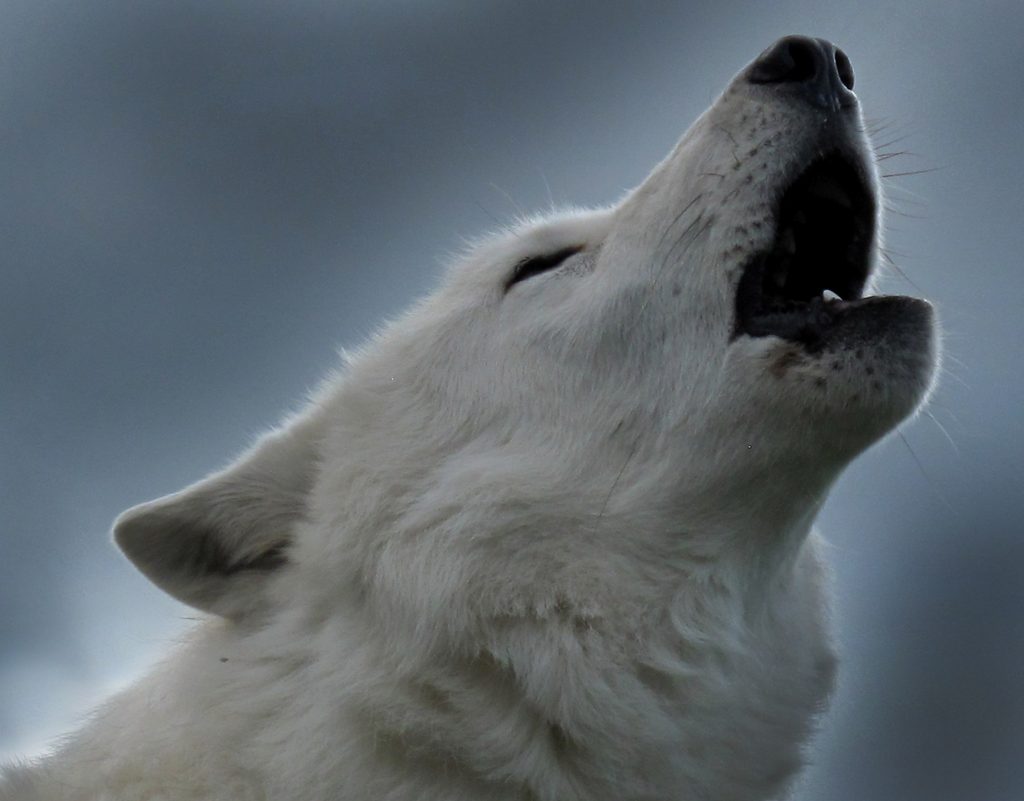
Tsa Palmer, 64, was never frightened by the literature. The more Tsa and her late husband, Roger, learned about wolves the keener they were to dispel the myths and misconceptions surrounding them.
Tsa explains: “Throughout history wolves have been viewed as man’s natural enemy. They lived in forests and attacked livestock.
“Their howl carries for about 5-6 miles. If you have ever heard a wolf howl, you’ll appreciate how spine tingling it is.”
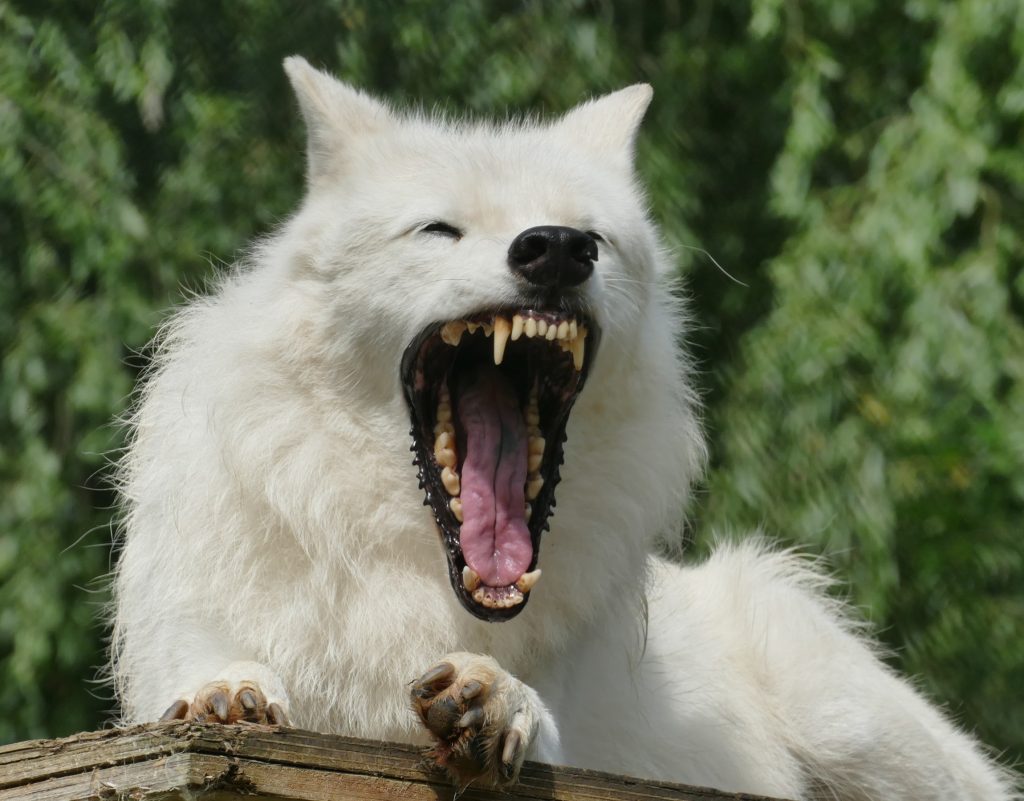
Wolves are believed to have disappeared from Britain during the 17th century and folklore has it that the last wolf was shot in 1680 near the village of Killiecrankie in the Scottish Highlands.
Now there are calls from some people, such as the journalist, George Monibot, to reintroduce wolves back into the UK countryside.
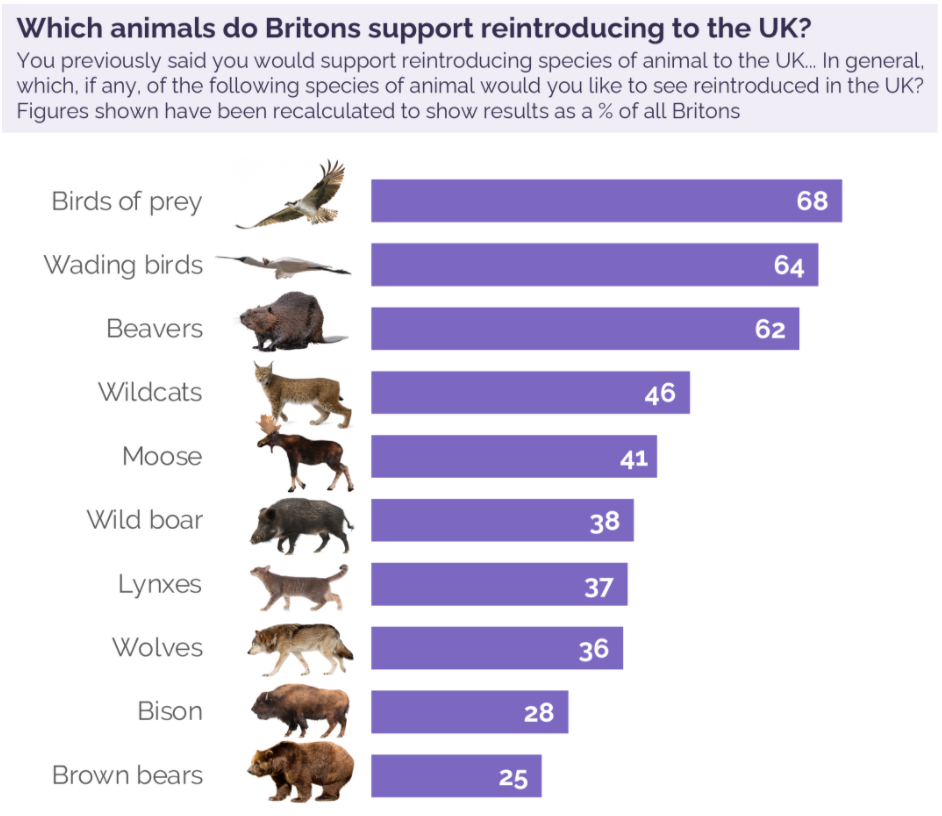
A recent YouGov poll suggests that 36% of Britons would be in favour of reintroducing wolves into the UK.
Some supporters argue that the presence of wolves would lead to a dramatic and positive rebalancing of the UK ecosystem which would enable vegetation and many species to flourish.
Despite her love for wolves, Tsa says she does not believe that reintroducing them back into the UK wild would be a good idea.
She says: “Every time wolves have met people, they have been shot. We haven’t had wolves around for 250 years. For a start, farmers would be incredibly opposed to it.
“If you were to reintroduce wolves into Scotland, in all likelihood they would come down to the borders or even as far as Birmingham and I don’t think people would welcome that.”
Since the 1970s Roger and Tsa have hand-reared wolves together, and in 1995 they established the UK Wolf Conservation Trust at their home near Reading in Berkshire.
“In the 1970s you did not need a licence to keep a wild animal. You could buy a lion cub in Harrods if you wanted,” Tsa points out.
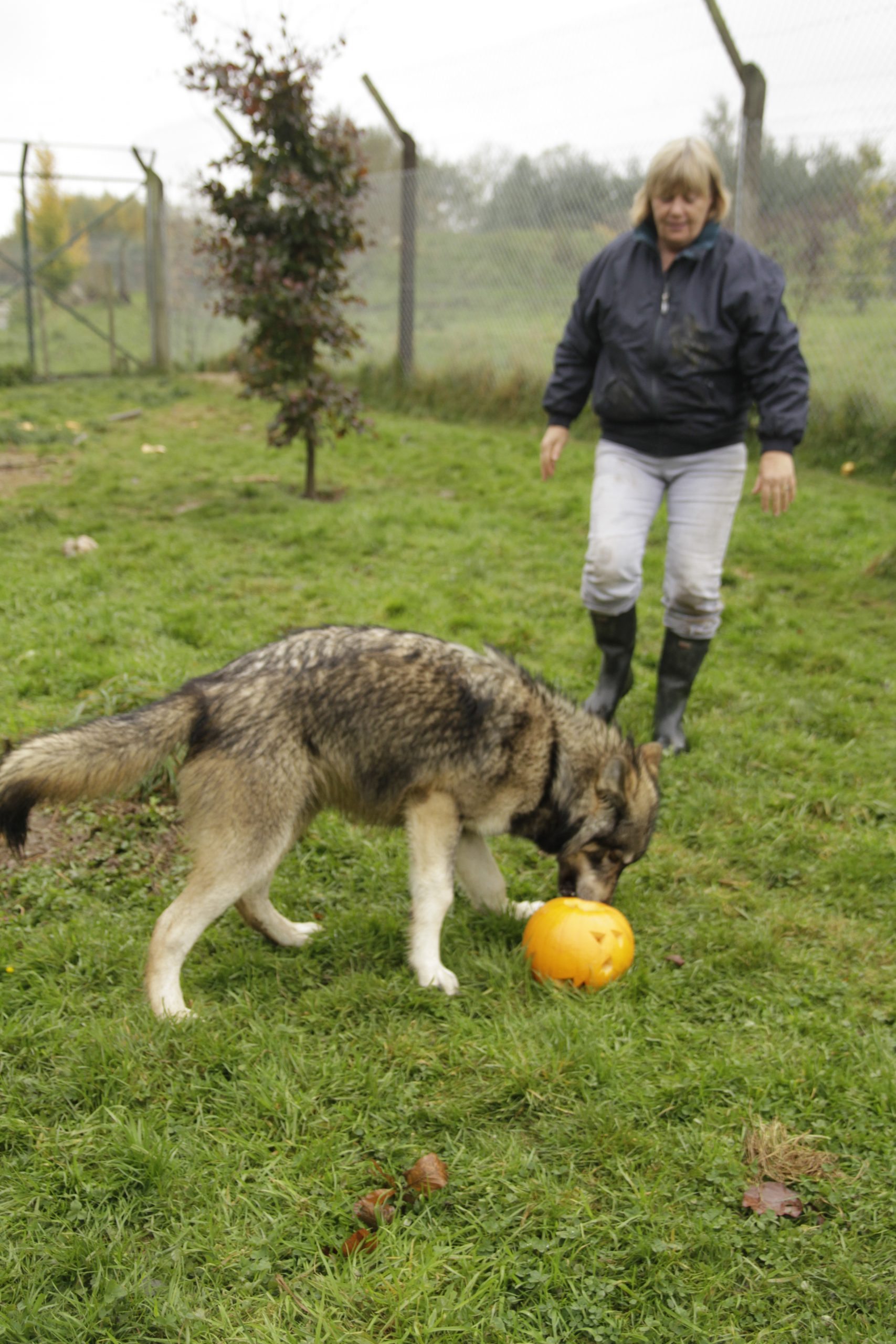
Today, Tsa has raised and continues to care for ten wolves, including three Arctic wolves Sikko, Pukak and Massak, which were rescued from a snowstorm in Canada. They were discovered suffering from hypothermia.
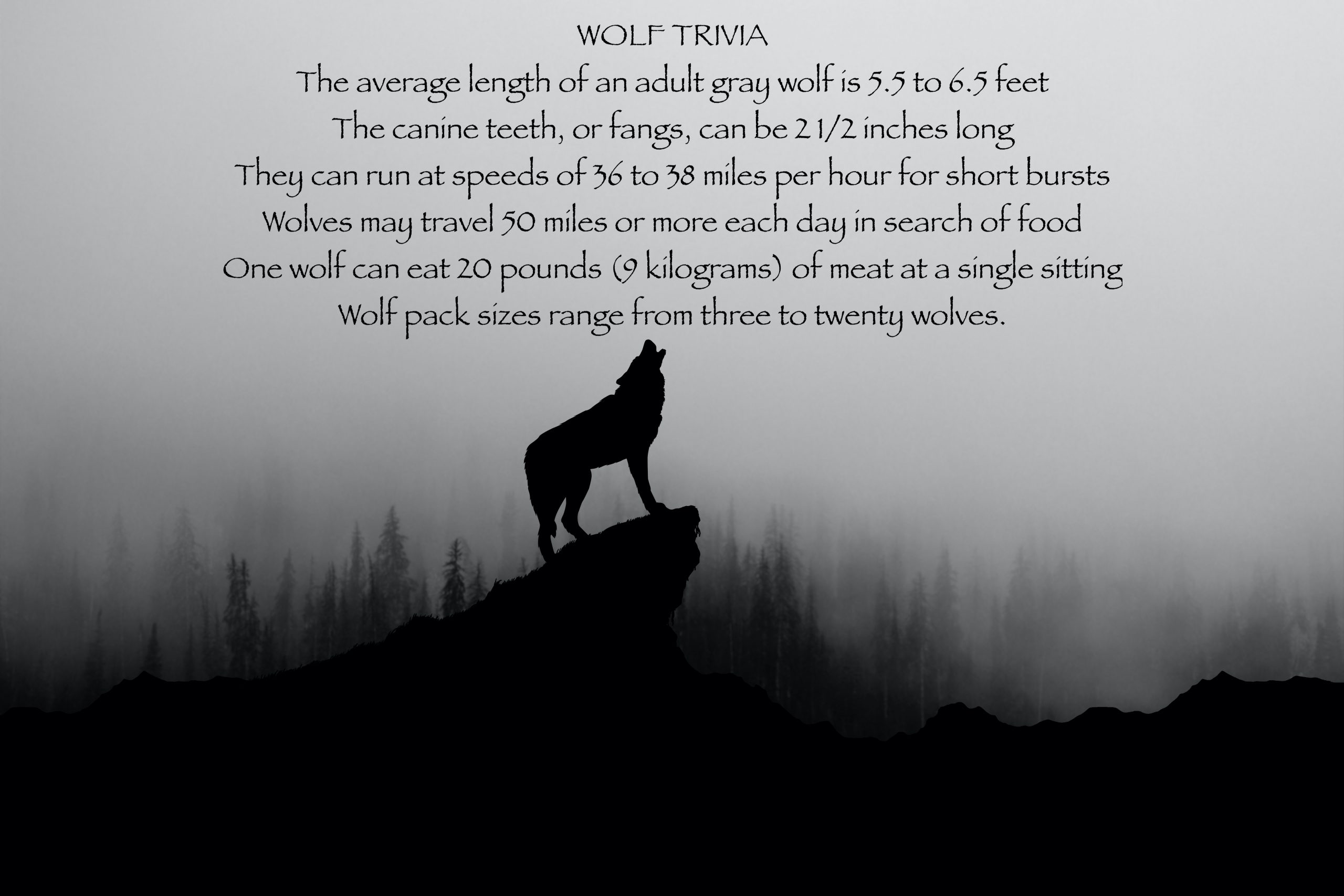
Tsa says: “I’ve been doing it for 40 years now. I have always loved wildlife. Wolves are very shy animals.
“It would be crazy to keep a lion or a tiger because they are not afraid of humans. I am never nervous of wolves because I know they are more nervous of me.”
She explains that the whole aim of the Wolf Trust had been to educate people by letting them come to see wolves close up.
As a result of their endeavours, Tsa and Roger were able to send £375,000 to support wolf conservation projects all over the world.
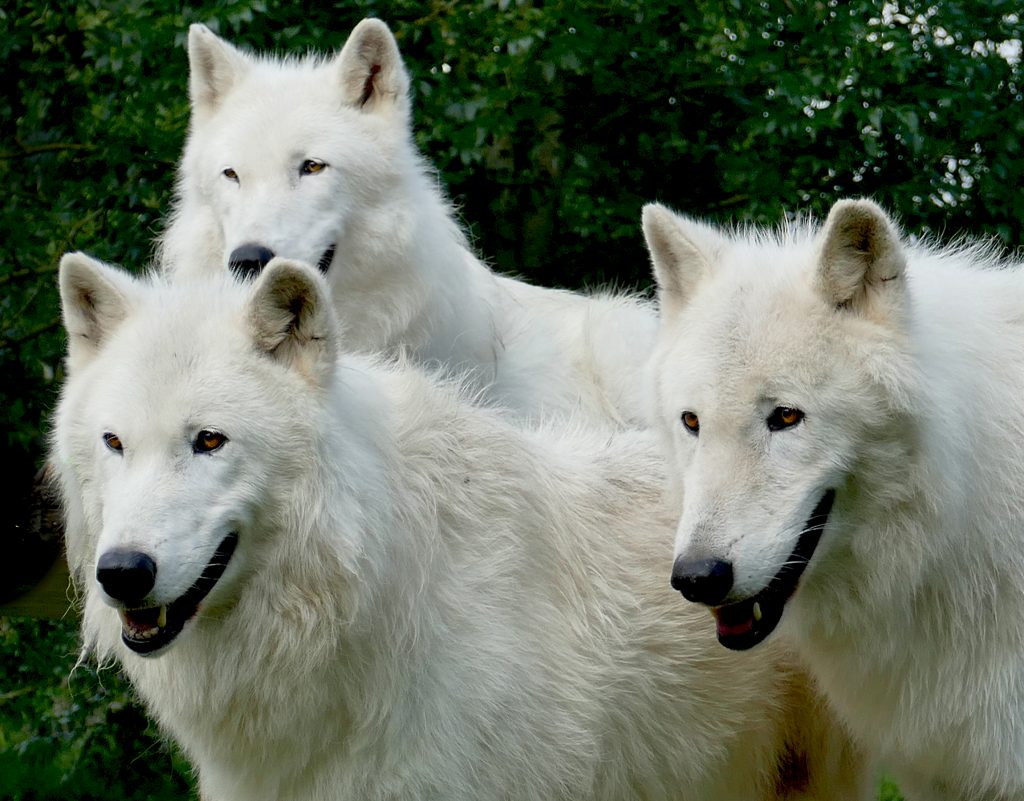
Although the Trust has recently closed its doors to the public, Tsa continues to be helped by 35 volunteers in looking after the wolves.
Tsa explains how they would have up to 15,000 visitors a year and sometimes 500 on a single day.
She says: “People would come for all sorts of reasons. You would get those who thought they were a wolf in a previous life, some who had a terminal illness and even people who opted to spread their ashes here. It was very humbling.
“I remember a 13-year-old school boy from Denmark whose only wish for his summer holiday was to come and see the wolves.”
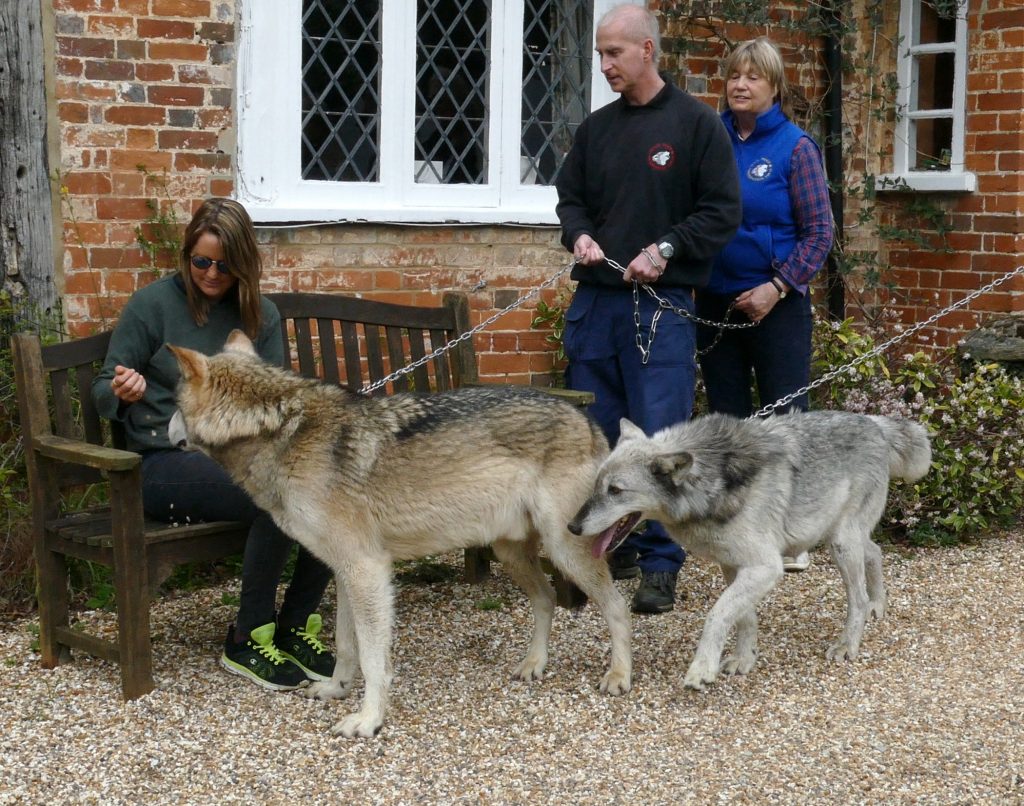
The wolves were so friendly that the trust made the unimaginable possible by offering visitors the chance to walk alongside a wolf – with a trusted volunteer always on hand.
Tsa explains that the sheer number of visitors meant this was becoming unmanageable.
She says: “You have to maintain a good relationship with the wolves. Otherwise someone is going to end up being bitten.
“Our wolves have bitten some of our volunteers over the years but only if the volunteer behaved the wrong way towards it.”
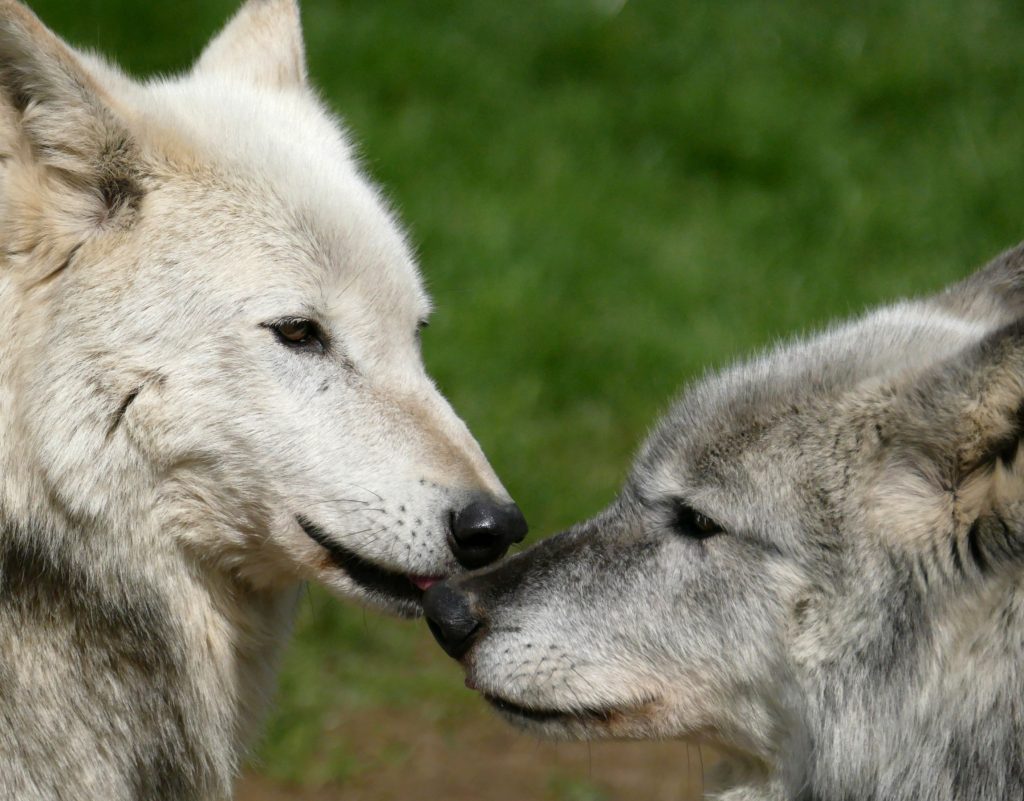
Tsa claims this will likely be the final decade of the project as she will not be adding any further wolves to her care.
Asked why it’s all coming to an end, she explains: “All the wolves I’ve ever had were hand raised.
“The world now does not approve of hand raising wolves. People think it’s cruel to take them away from their mother.
“In order for us to carry on what we have been doing and enabling our wolves to socialise and be friendly with people you have to hand raise them from about five days old. Hand raising is now a no go. Our day is gone.”
